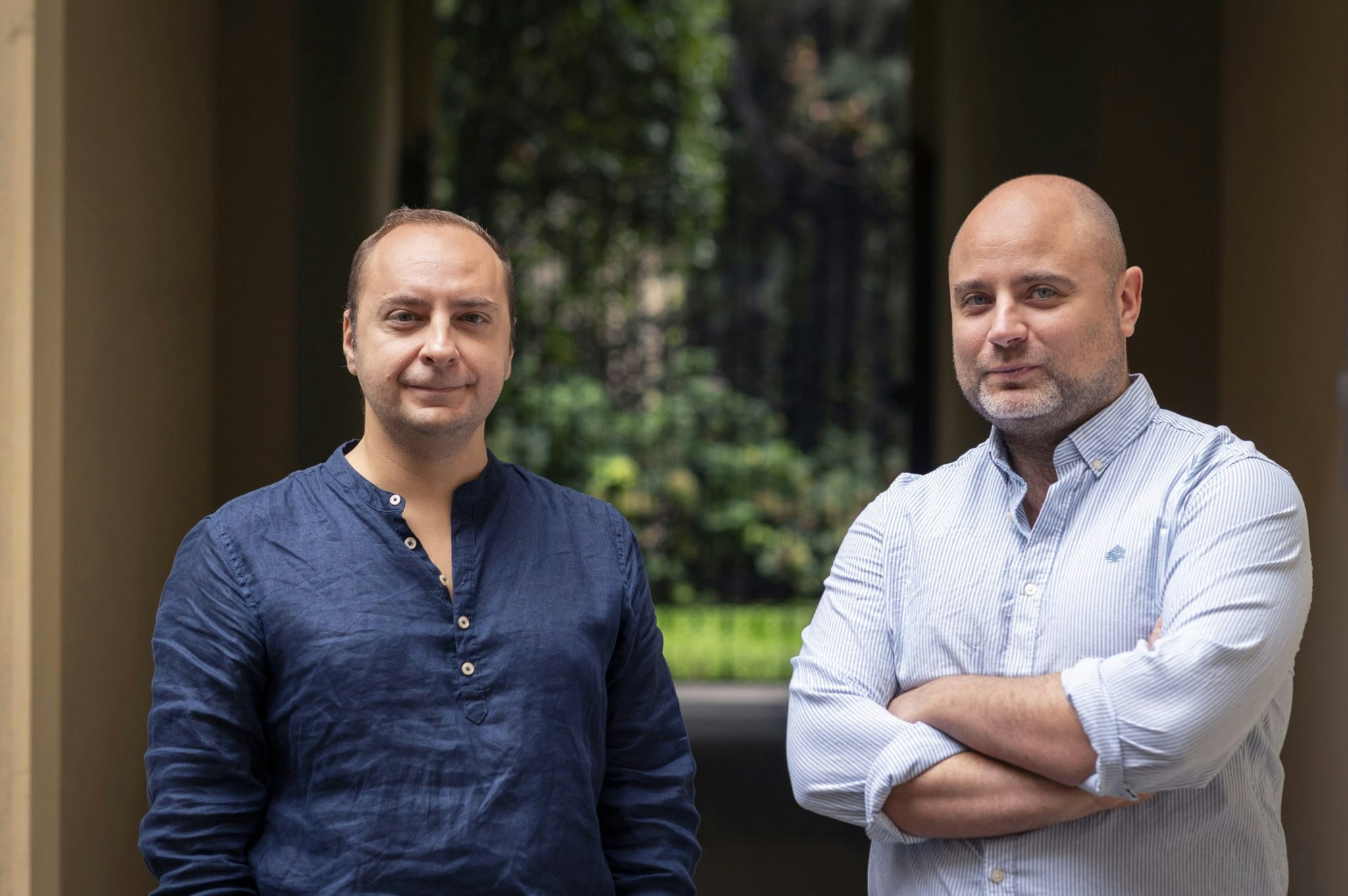Amidst an expected Brexit slowdown in the UK and the vagaries of US government policies with Trump at the helm, technology entrepreneurs would do well to look further afield when it comes to investment, and indeed business.
It was 2001 when Jim O’Neill, Goldman Sachs’ former chairman, created the BRICS acronym – Brazil, Russia, India, and China, later expanded to include South Africa, nominating them the fastest growing market economies. The world has changed a lot in the intervening years, but these markets are still very much high-potential – and that is reflected in activity in the investment space.
In the last year, Sequoia India raised its 6th fund, to the tune of $695m, and SoftBank’s investments in India are set to cross $10bn soon. Sequoia has also started an accelerator called Surge for startups in India and Southeast Asia which it is currently inviting applications for, through which it aims to disburse $1.5m in seed capital.
Among the obvious reasons that emerging markets are so interesting for entrepreneurs and investors alike is the potential market size. GSMA Intelligence reports that over half of the world’s mobile connections are smartphones — and smartphone adoption, led by India, China and Indonesia, could be as much as 62% by 2020. What’s interesting, of course, is the growth potential. In the US for example, smartphone figures are predicted to be 247.5m but China’s is expected to be 675m this year – almost triple that number.
“If you build for India (with its complexities and nuances) – you can essentially build for the world.”
India’s market potential is similar. Compared to developed markets like the EU, where startups are trying to scale from 100x to 1000x, in India entrepreneurs are more likely scaling from 1x to 100x. This upside is easier to achieve for the nascent breed of first-generation entrepreneurs in India who don’t necessarily have the skillset of growing a business from 100x to 1000x. And for investors who want to park smaller amounts of money into a larger number of businesses – diversification that you’ll find common in emerging economies – it’s far safer and more rewarding to bet on scaling multiple businesses 1x to 100x instead of putting their money in Google X-style ‘moonshots’.
Debacles like the GoJavas story where blue-chip investors like Rocket Internet got burnt, mean that there are more checks and balances in place.
From an entrepreneur perspective, the Southeast Asian market is particularly welcoming. Enterprise Singapore was formed by the merging of two other government agencies in April 2018. Rohit Kumar, founder of Singapore-based retail tech startup Pixibo, has benefitted from grants, subsidies and subsidised rent to the tune of almost $100,000, amongst other things. He says that Singapore is an efficient place to test a business thesis before expanding, particularly to the rest of the ASEAN region, which offers a market of 650 million: Brunei, Cambodia, Indonesia, Laos, Malaysia, Myanmar, Philippines, Thailand and Vietnam, in addition to Singapore. And, as Kumar says, being based in Singapore also means you are within easy enough flying distance of India, China, Japan and Korea.
Kumar also makes the point about easy access to technology talent. This sentiment is echoed by Sandra Sobanska, who leads growth at Oyalabs, an edtech startup partly based in Hong Kong, where a startup can, amongst other facilities, get government funding to hire local graduates for almost free, or at a highly subsidised salary, for two years. She also recommends Hong Kong as being quite useful for user testing, being home to many cultures apart from Chinese.
Sanskriti Dawle, cofounder of hardware startup Thinkerbell Labs in India, which makes a device for the blind or partially sighted, reminds me of the concept of "jugaad" (loosely translated, it means "hack", and is a phrase popularised by Professor Jaideep Prabhu of the University of Cambridge and Navi Radjou, authors of the book of the same name). In the startup sense, jugaad, according to Dawle, means that the best way of getting something done is often by knowing the right person (and not the system). As she says: “Systems are only built when hiring a person for the job becomes impossible. And at Indian pay scales that point is typically quite far away, at a much larger scale.” She also says that as a result, startups can focus on the core activities of product and sales, while being able to outsource a lot of the administrative legwork, which does result in growing pains but means it’s quicker to build and launch things from scratch. In Europe, perhaps access to the right people is not particularly hard, but it is worth asking what system hacks can help companies operate more efficiently, a change in the way of thinking rather than the way of operating.
It hasn’t all been smooth of course. Large amounts of money were being handed out to spur the entrepreneurship environment in Singapore and Hong Kong with very little by way of checks and balances, which has changed now, and rightfully so. In India as well, debacles like the GoJavas story where blue-chip investors like Rocket Internet got burnt, mean that there are more checks and balances in place there as well.
More and more companies that launch in India are reaching a tipping point where they attract large-scale capital from the likes of SoftBank and Alibaba.
One of the things that stayed with me from a conversation with an Indian entrepreneur for this piece was his view on the change in the mindset of investors and entrepreneurs alike over the past year in India: namely that if you build for India (with its complexities and nuances) – you can essentially build for the world. More and more companies that launch in India are reaching a tipping point where they attract large-scale capital from the likes of SoftBank and Alibaba. Companies like fintech startup PayTM, hotels startup Oyo, and customer support startup Freshdesk are all on an expansion spree, attacking geographies from Southeast Asia and China to Europe and the US. Suddenly, as he says, the system is maturing to think beyond just building for India, but for the world – a lesson European startups would do well to adopt if they are to stay on their feet as companies try to get further, faster, globally.


